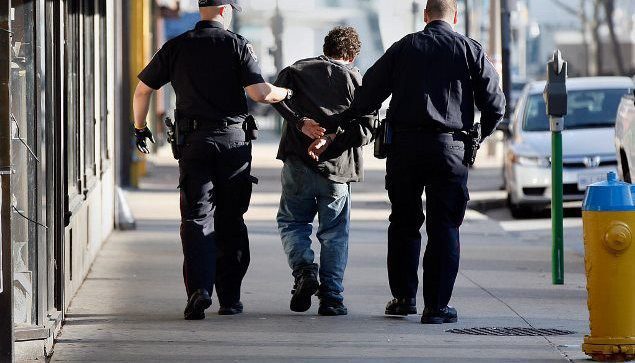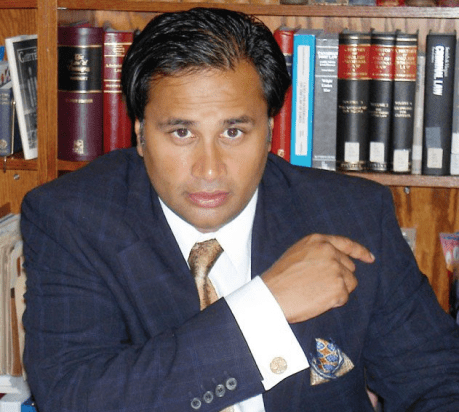Youth & Young Offenders Charges in Brampton, ON

You never expect to get a call saying your child’s been charged with a crime. It hits hard. Confusion, fear, even guilt. Maybe they got caught up in a bad moment—skipped school, shoplifted on a dare, or got into a fight. It doesn’t make them a criminal, especially as a first-time offender. It means they need help. You’re not expected to face this alone. With the right youth offences lawyer, you can protect your child’s future and help them find their way back.
Understanding the Youth Criminal Justice Act (YCJA)
If your child is between 12 and 17 years old, the Youth Criminal Justice Act (YCJA) applies. It’s a different set of rules from the adult system. Why? Because young people aren’t just small adults—they’re still growing, still learning, and yes, still making mistakes.
The YCJA focuses on three things:
- Rehabilitation: Helping youth get the support they need.
- Accountability: Making sure they take responsibility in a fair way.
- Reintegration: Guiding them back into the community.
So whether your child was caught vandalising a wall or involved in something more serious, the law looks at the whole picture. Their age. Their past. Their future.
Key Principles That Shape Every Youth Case
- Proportional response: The punishment must match the offence—and a 13-year-old stealing a candy bar shouldn’t be treated like a hardened criminal.
- Timely action: Delays can do more harm than good. Quick resolutions matter.
- Meaningful consequences: Designed to teach, not destroy.
- Avoiding court when possible: Programs and community solutions often work better than a trial.
Types of Youth Offences
- Minor Offences: Like breaking curfew, trespassing, or shoplifting. These might be handled outside court.
- Moderate Offences: Such as carrying a weapon at school or joyriding. Serious, but still open to alternative options.
- Violent Offences: If a school fight escalates or threats are made. These require careful legal attention.
- Serious Violent Offences: Rare, but possible. Gang-related activity or aggravated assault. The stakes are higher—but even here, rehabilitation remains a focus.
The Legal Process for Youth Offences
1. Police Involvement: This might happen at school, at home, or in the community. Your child may be scared and unsure of their rights.
Remember:
- They have the right to remain silent.
- They have the right to speak with a lawyer.
- You, as a parent or guardian, have the right to be informed.
2. Court Proceedings: Youth court isn’t as formal as adult court, but it can still feel overwhelming. You’ll receive what’s called disclosure—the Crown’s evidence. That might include police reports, video, or witness statements. As your youth offences lawyer, I walk you through everything. We sit together. We talk it through. Step by step.
3. Sentencing Options (If Found Guilty) The focus remains on growth—not punishment. Possible outcomes include:
- Reprimand: A stern warning from the judge.
- Discharge: Your child completes conditions, and the charge disappears.
- Probation: Live at home with rules and regular check-ins.
- Restitution: Pay for or fix what was damaged.
- Deferred Custody: Like house arrest—strict but still at home.
- Open/Secure Custody: Youth jail, often with education or counselling programs.
- Extrajudicial Sanctions (EJS): For first-time or less serious offences. These programs—volunteering, apology letters, therapy—can keep your child out of court altogether.
Why You Need a Young Offenders Lawyer in Brampton
The youth justice system isn’t just about law—it’s about people. Your child deserves a voice, and you deserve support.
Here’s how I help:
- I protect your child’s rights from the very first interaction with police.
- I explain the process in plain language, so you’re never left guessing.
- I advocate for outcomes that support healing—not punishment for punishment’s sake.
- I support your family through every stage. Legal stuff can be scary, but I’m with you all the way.
My Approach: Calm, Clear, and Committed
- I speak like a real person—not in legal jargon.
- I give you the truth—even when it’s hard to hear.
- I answer your calls and texts—because waiting in silence only adds to the stress.
Frequently Asked Questions (FAQ)
What should I do if my child is arrested?
Can my child be questioned without me there?
Will this go on their permanent record?
Is there a chance my child can avoid going to court?
Can my child be sentenced to jail?
How long does the legal process take?
What if my child is charged with a violent offence?
Can this affect school or travel?
Take the First Step Now
Your child’s future is too important to leave to chance. Early action can open up more options—and lead to better outcomes. Let’s work together to give your child the second chance they deserve.

